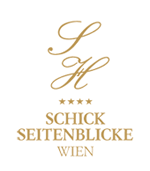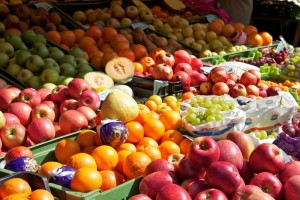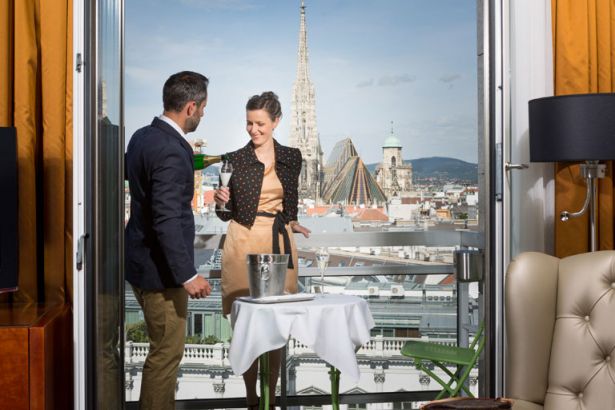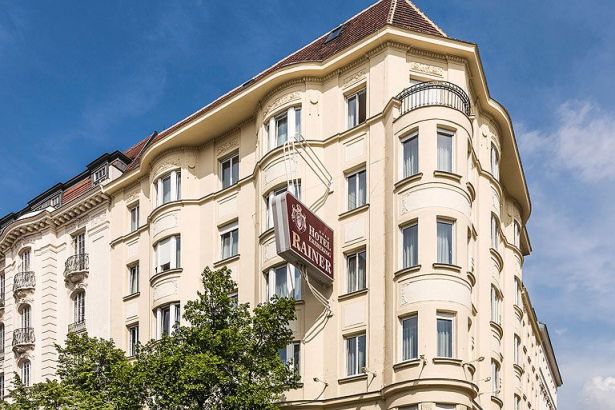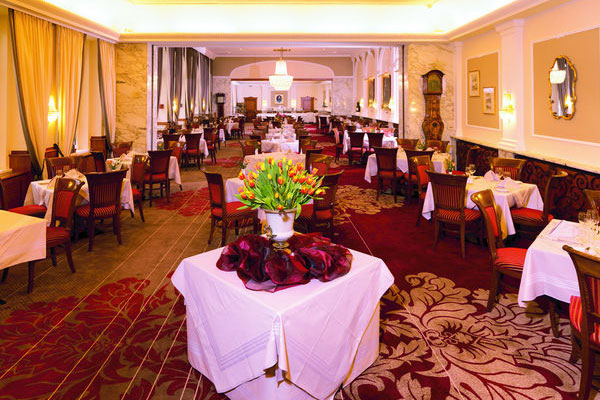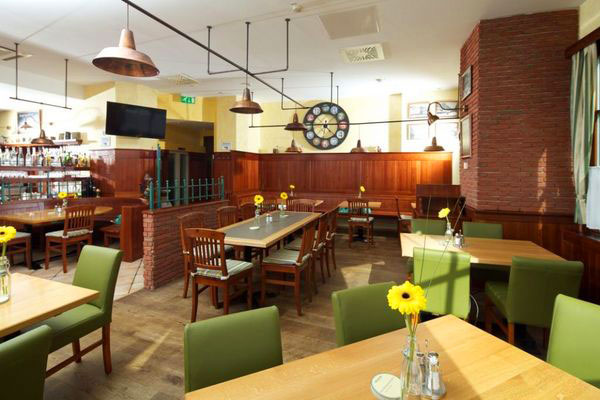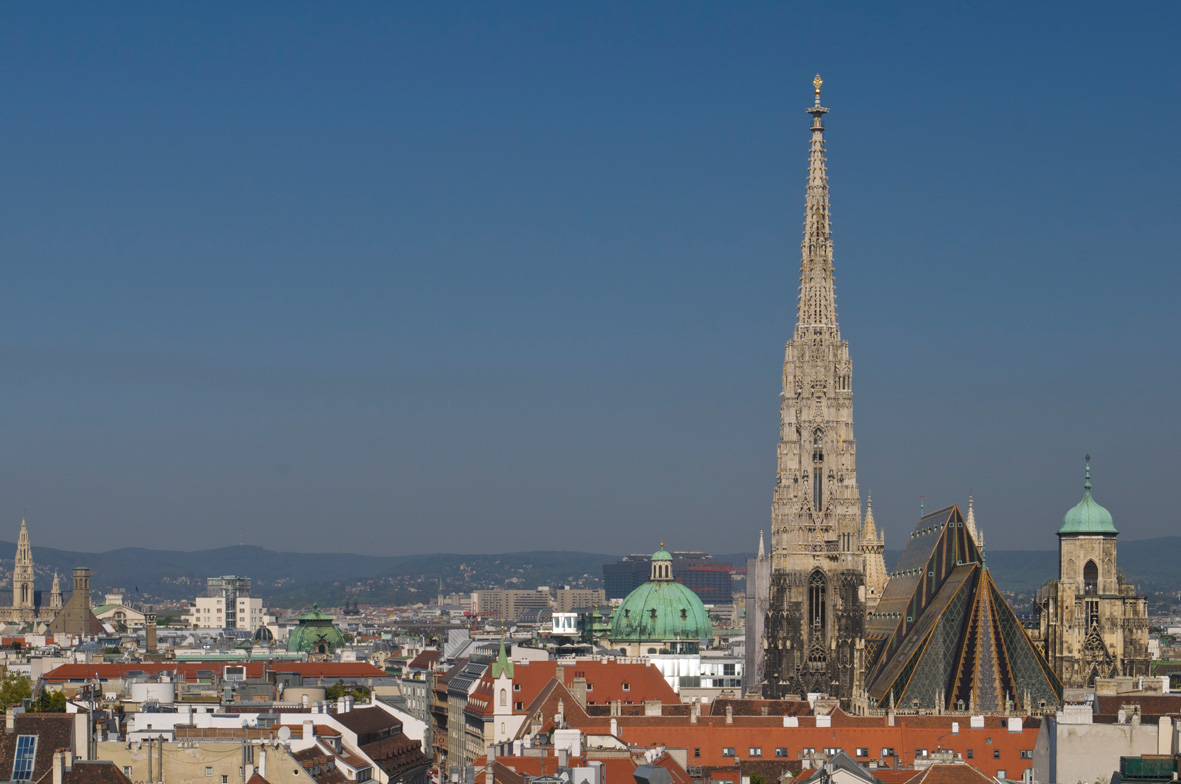Viennese Markets – Part 1
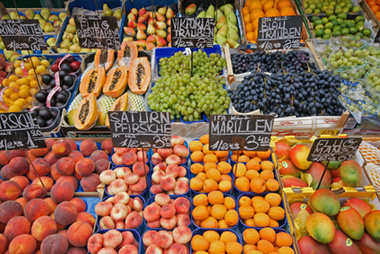
Experience multicultural shopping in the melting pot of Vienna
Whether you happen to be a born and bred Viennese living here or a so-called “Zuagroaster” (Austrian dialect for someone from another place within Austria, especially from another country), a tourist in your spare time or here on a business trip – the Viennese markets ought to be a fixed point in your everyday life in Vienna or during your trip to Vienna. There is hardly another place in the Danube metropolis where so many different cultures encounter one another and exemplify such relaxed cooperation. Not to be forgotten is the resulting diversity of foods and many additional products – from A as in apple to Z as in zither, Vienna’s markets leave nothing to be desired. Come with me on a trip to some of the most impressive Viennese markets, ones which you simply need to have seen.
Freshness, flair, friendliness and variety
The three F’s and a V, which for me are among the main reasons for doing some of my shopping at one of the many Viennese markets, speak for themselves. The freshness of the products is, particularly for domestic products, already automatically guaranteed thanks to the short transportation routes. The special flair of street sales – common ever since the Middle Ages – is simply fun. And then there’s the friendliness of the street vendors – who range from rustic and down-to-earth, to competent and striving, all the way to obliging and charming. All this means that you usually end up buying more than you wanted – all because it’s simply nice to do so. Variety is a given due to the multicultural backgrounds of the dedicated street vendors – tea from India, spices from the Orient, Asian specialties and lots more, in addition to Austrian delicacies. This does the hearts of connoisseurs good!
The various food scandals of recent years have made nutrition-conscious people uncertain. Where does my meat really come from, and was the animal treated humanely? Are my vegetables really organic, or were they chemically treated? Have the mushrooms been exposed to radiation? Are milk, cheese, bread, etc. free from genetic modifications? The many certificates on the packages in the supermarket give many end consumers more insecurity than they do security. In the supermarket, where eggs or meat in bulk- or normal-sized packages actually come from is something that can usually not be answered with 100 percent certainty. The price does not always guarantee that the quality is as desired.
By contrast, at the markets you can often speak directly with the producer, and at least the street vendors are available as personal contact persons for all sorts of questions. This is how you also happen to support numerous peasant farmers and producers who, with their small harvest or production quantities, are less interesting to large supermarket chains, but who often offer very special products such as older varieties of fruits and vegetables or meat from older races of domestic or farm animals, which they then bring to individuals via small shops or markets. This in turn increases the variety. The consequence: In Vienna, around 326,000 people visit at least one Viennese market each week, and the trend is rising.
Coming soon: Read more about the history of Viennese markets in “Viennese Markets – Part 2.”
Image credits: © www.wien-vienna.at , www.shopikon.com
